March 2025 – The automotive industry is experiencing a transformation, with CNC (Computer Numerical Control) technology playing a crucial role in reshaping manufacturing processes. From precision parts to streamlined production, CNC machines are revolutionizing the way automotive components are designed and fabricated.
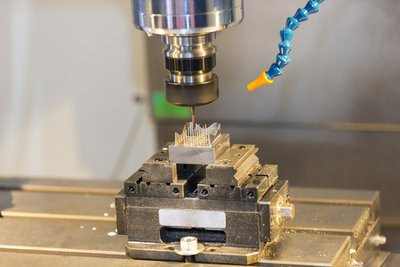
CNC Technology Enhances Precision and Efficiency
In automotive manufacturing, precision is paramount. CNC machines, known for their ability to create highly accurate components with tight tolerances, are a vital part of the industry. Whether producing engine blocks, transmission parts, or suspension components, CNC technology ensures that each part meets the exact specifications required for optimal vehicle performance
CNC machining allows us to produce parts with unparalleled precision, reducing the risk of defects and ensuring that each component fits perfectly during assembly,” said Emily Robinson, a senior engineer at a leading automotive manufacturer.Furthermore, the efficiency of CNC machines is improving production timelines. Traditional machining methods, such as manual labor or conventional machining, often involve longer lead times and higher error rates. CNC machines, however, operate with greater speed and consistency, allowing manufacturers to produce large volumes of parts more quickly while maintaining high quality.
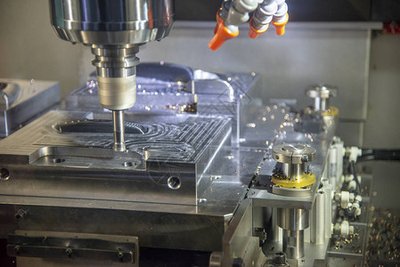
Automation and Integration with Industry 4.0
The rise of Industry 4.0 and smart factories has further enhanced the role of CNC technology in the automotive sector. The integration of CNC machines with automation systems and IoT (Internet of Things) has brought about new possibilities in data collection and real-time monitoring. Manufacturers can track the performance of their machines, monitor production progress, and even predict potential failures before they occur.
Robust data analytics are now being used to optimize the entire manufacturing process, from design to assembly. As a result, automotive manufacturers can reduce waste, improve efficiency, and lower production costs—all while maintaining the highest levels of quality and consistency.
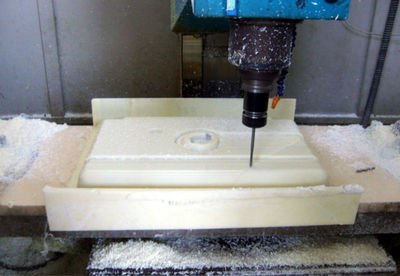
Customization and Innovation in Automotive Design
CNC technology is also driving innovation in automotive design. With the ability to create highly customized components, manufacturers can meet specific customer needs or create unique designs for specialized vehicles, such as electric cars or high-performance sports cars. This flexibility in production opens the door to greater creativity and more advanced designs, allowing for the development of vehicles with unique features and higher performance capabilities.
“CNC machining gives us the flexibility to push the boundaries of automotive design. We can create complex, lightweight components that were once considered too difficult or costly to produce,” said Robert Davis, a product development manager at an automotive technology company.
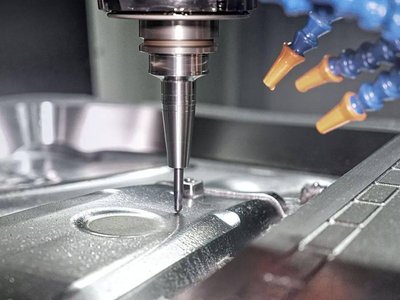
Sustainability and Environmental Benefits
As the automotive industry shifts toward sustainability, CNC technology is contributing to greener manufacturing practices. The precise nature of CNC machining reduces material waste by utilizing raw materials more efficiently, cutting down on scrap and leftover materials. Additionally, CNC machines can be optimized for energy efficiency, further reducing the carbon footprint of manufacturing processes.
With the automotive industry increasingly focusing on electric vehicles (EVs) and eco-friendly practices, CNC technology's role in reducing waste and energy consumption is becoming even more important. By using advanced techniques such as additive manufacturing (3D printing) combined with traditional CNC machining, manufacturers can create parts that are both lighter and stronger, improving vehicle efficiency and performance.
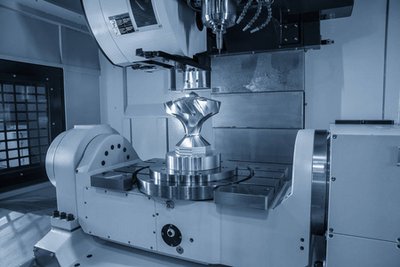
The Future of CNC in Automotive Manufacturing
The future of CNC technology in automotive manufacturing looks bright. As vehicles become more complex and advanced, the demand for high-precision parts will only increase. Innovations in CNC machines, such as multi-axis machining and the integration of artificial intelligence (AI) for process optimization, are set to further enhance the industry’s ability to produce high-quality, customized, and cost-effective automotive components.
“Looking ahead, CNC technology will continue to evolve and support the growing demands of the automotive industry. We’ll see more collaboration between CNC machines and other advanced technologies, such as robotics and AI, leading to even smarter and more efficient manufacturing processes,” said Robinson.